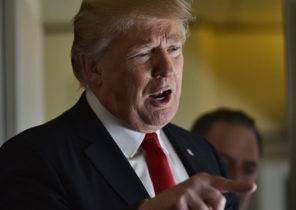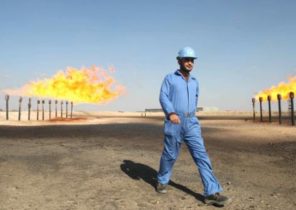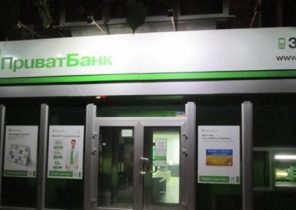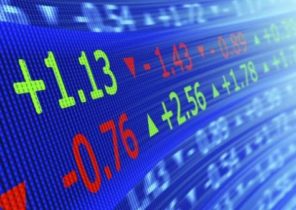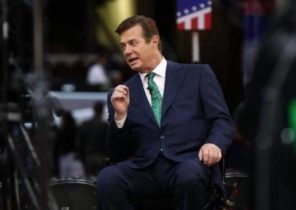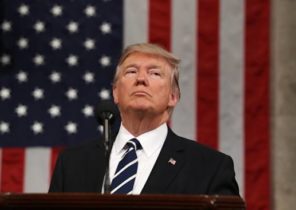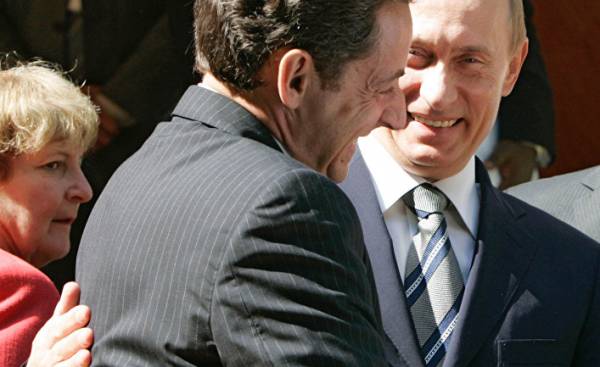
“I feel like we’re cornered,” said recently one former administration official, describing the reluctance of President Barack Obama to react to reports of intelligence agencies about the Kremlin’s attempts to influence the presidential election. A lot of other people — including the President trump, manifested in that moment of unimaginable cynicism — also asked why the administration did not want to act more decisively.
But now that the details of this story finally attracted more and more attention now, when it became clear that one of trump’s assistants was directly related to Russian hackers — it is important not to lose sight of the overall picture. Because the main mystery is not why Obama didn’t stop Russian hackers in 2016, and why neither Obama nor President George W. Bush, none of the Ministers did not want to acknowledge the existence of those threats which for many years came from gaining the power of the aggressive Russia — and their reluctance contributed to the career growth of people like trump.
To find the answers to these questions, it is necessary to return in 1990-e years when the Soviet Union collapsed and most Americans are relieved to have forgotten about Russia: the cold war finally ended, and we could think about something else — about climate change or about the situation in the middle East, for example. Officials of the state Department, who had to master the Russian language, began to learn Arabic, strategists turned their attention to other regions of the world, and the President bill Clinton invited Russia to become a member of the group of seven, which eventually turned into the Great eight.
Over the next few years, nobody paid much attention to Russia, which, as many hoped, was to become oriented to the West a liberal state. But while Western politicians did not pay to Russia special attention, many other Westerners were willing to contribute to such transformation. In particular, many are willing to help a clique of former KGB officers, have entered into an Alliance with organized crime to steal money belonging to the state, launder them abroad and return them to Russia and used them to seize power. While Western presidents and Prime Ministers were engaged in other matters, Western lawyers, accountants, unscrupulous owners of offshore banks and even the heads of large and respected banks willingly took the opportunity.
Everyone wanted to share in this case. In 2006, Rosneft is a Russian company created for the account of the stolen money — with great fanfare debuted on the London stock exchange. In the prospectus it was said that “crime and corruption could provoke the formation of a difficult business climate in Russia”, but then it was very convenient and profitable to pretend that Russia is a “normal” business environment, though with some reservations. In the same week, when Rosneft debyutirovala on the London stock exchange, President Vladimir Putin held in St. Petersburg summit of the Big eight.
Here I retell a shortened version of the long and complex history. However, we still need to remember the main points, because they help to explain the origins of today’s situation. Think about it: we still don’t know how much Russian money has been invested in the business Empire of trump. But we know that in the last 15 years the Russian money is actively invested in real estate in new York (and London), where they contributed to the growth of prices, excesses in the housing market, rising levels of inequality and where they are helped to get rich people like trump. We know that trump is not the only one — actually had dealings with people who were immigrants from Russia and the former Soviet Union. We also know that trump many years admired Putin, perhaps because Putin used the money to obtain political power and used political power to earn more money — than, of course, trump also intends to do.
We also know that he was not alone. From a legal point of view, on the Russian money bore the stamp of corruption, but their was so much that banks and companies could not resist the temptation and began to close on much eyes, urging politicians to take their side. The money attracted former Chancellor of Germany Gerhard Schroeder, who now works for one of the subsidiaries of the Russian gas monopoly “Gazprom” and defended Russia’s position on German television. Russia also financed the national front, an extremist French political party opposed to membership of France in NATO and the European Union, whose leader went to the final round of the presidential election. Russia still supports extremist groups and extremist propagandists of the far-right and the ultraleft-wing parties in various European countries and, apparently, in the United States.
For two decades the Russian government and Russian companies were spending a lot of money on the creation of corrupt business relationships, as well as undermining democracies in Eastern and Western Europe. In that time the presidents and secretaries of state the US did not take the threat of Russia seriously: they either overestimated the goodwill of the Kremlin or underestimated its ability to cause damage. In 2001, Bush “looked into Putin’s eyes” and “feel his soul”. And in 2013, Obama called Putin’s behavior is the behavior of “bored in the back of the student.”
None of them were aware of the harmful effects of Russian money — as the real estate market in new York, and Western democracy in General. None of them knew how big kleptocratic, semi-criminal state on the border of Europe may threaten the political stability of the West. None of them knew that the U.S. political system, like political systems of France, Germany and Ukraine had become extremely fragile or that American strategists could turn for help to the Russian hackers. By 2016 was too late to stop Russia because it has managed to cause most of the damage.
